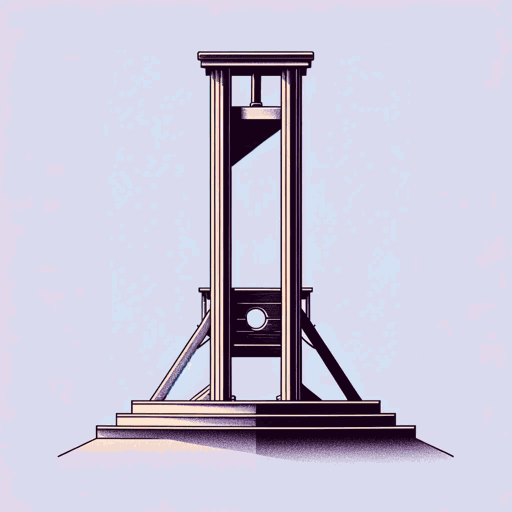47 pages • 1 hour read
Albert CamusThe Myth of Sisyphus
Nonfiction | Essay / Speech | Adult | Published in 1942A modern alternative to SparkNotes and CliffsNotes, SuperSummary offers high-quality Study Guides with detailed chapter summaries and analysis of major themes, characters, and more.
Index of Terms
Absurdism
Camus’s answer to the existentialist dilemma is absurdism, which confronts the meaningless, empty, arbitrary conditions of life not with resignation or denial or suicide but with defiant rebellion. Absurdists don’t expect to defeat absurdity—they never can—but they stand up to hopelessness with a gritty bravado that dignifies their everyday lives. Camus considers this solution superior to the existentialists’ attempts to overcome absurdity by trying to find something eternally valid in the universe. He declares that this cowardly evasion blinds one to an essential truth and amounts to a form of philosophical suicide.
Existentialism
Existentialism is a branch of philosophy that deals with the essential problems of existence, especially the dilemma of living in a universe devoid of meaning and arbitrary in its outcomes. The seeds of existentialism were planted by Kierkegaard, who struggled with these issues and resolved them with a “leap of faith” into the arms of Christianity. Nietzsche later delved deeply into the nature of belief and decided that modern life reveals the bankruptcy of most creeds and myths, which forces the thoughtful individual to find a way to reckon with meaninglessness. Other 19th- and 20th-century philosophers—Schopenhauer, Jaspers, Husserl—contributed further ideas on how to resolve these issues. Camus opted for what he called absurdism, a defiant stance that accepts life’s emptiness while refusing to give in to hopelessness or run away toward some reassuring creed.
Related Titles
By Albert Camus








